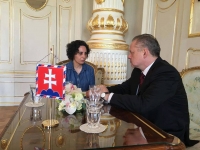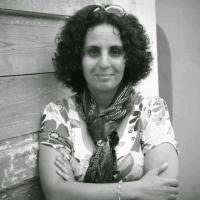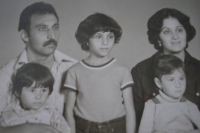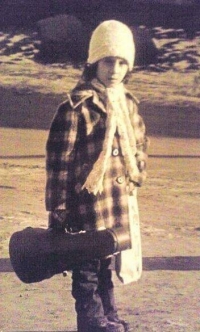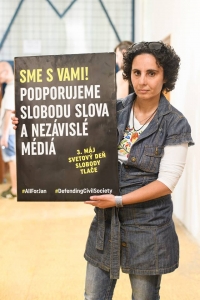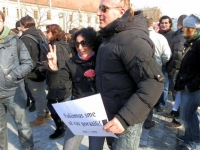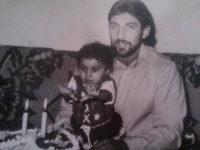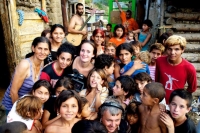I am proud of my Roma identity

Download image
Denisa Havrľová was born on November 30, 1971 in Očová. She comes from a Roma family, both parents were workers. From an early age, she studied violin in the Folk Art School. At the primary school, she excelled in the recitation of poetry and prose and repeatedly won the Hviezdoslav Kubín regional competition. When she was 23, she was approached by writer and journalist Daniela Hivešová-Šilanová to start writing for the Roma newspaper Romano nevo ľil. A year later, she moved from Očová to Prešov, where she began to discover her Roma identity. She graduated from the Secondary Art School in Košice and continued her studies at the Academy of Arts in Banská Bystrica. She studied documentary film and photography. As a journalist, she visited Roma settlements in eastern Slovakia, devoted herself to charity and various projects to support the Roma community. In 2002, the whole of Slovakia learned about her, when a policeman from the District Department of the Police in Jarovnice asked her for a hygiene card. She filed a criminal complaint against him for racism. She also continued her journalistic career in Bratislava, where she moved in 2009. She worked as an adviser to the Government Plenipotentiary for the Roma community. She currently teaches journalistic photography at the Secondary School of Design in Bratislava.

